PRO-HEZBOLLAH Shia imam to deliver benediction at TRUMP Inauguration
In a surprising and controversial move, a pro-Hezbollah Shia Imam has been selected to deliver the benediction at the upcoming inauguration of President Donald Trump. This announcement has raised eyebrows around the world, sparking debates about the intersection of religion, politics, and international relations. The selection of such a figure for such a high-profile event has ignited discussions on the implications it holds for U.S. foreign policy, Middle Eastern politics, and the ongoing global discourse surrounding religious leadership and extremism. This development comes amid an already tense political environment, and its timing only adds to the intrigue surrounding President Trump’s leadership and his administration’s priorities in the Middle East.
The Controversy of a Pro-Hezbollah Imam
The Shia Imam, whose name has yet to be revealed publicly, has long been associated with pro-Hezbollah views, a designation that is certain to stir controversy. Hezbollah is a Lebanese militant group that has been designated as a terrorist organization by the United States, Israel, and several other countries. The group has a long history of being involved in violent activities, including bombings, attacks on Western targets, and support for the Syrian regime of Bashar al-Assad. Hezbollah is often seen as an adversary in the eyes of the West, especially in light of its close ties to Iran, a nation that has been at odds with the U.S. for decades.
Given this context, the decision to invite a Shia Imam with such controversial ties to deliver the benediction at the presidential inauguration has drawn significant criticism. Many critics argue that it sends the wrong message about the U.S.’s position on Hezbollah and its role in Middle Eastern geopolitics. The concern here is that it might appear as though the Trump administration is willing to embrace or normalize relations with a group that is widely recognized as a threat to Western interests and security. This is particularly sensitive in the context of U.S. efforts to combat terrorism and address the complexities of the Iranian nuclear deal, which has been a point of contention between Trump and various international actors.
Impact on U.S.-Middle East Relations
The selection of a pro-Hezbollah figure to deliver the benediction also has the potential to reshape how the U.S. is viewed in the Middle East, particularly by its allies in the region. Countries like Saudi Arabia, Israel, and the United Arab Emirates have long been critical of Hezbollah’s activities and influence. The possibility that a figure associated with Hezbollah could be seen in such a prominent role during the U.S. inauguration raises questions about the direction of U.S. policy in the region.
At the same time, some have argued that this move could be seen as a diplomatic olive branch to Iran and Shia communities in the Middle East. As President Trump has taken a hard stance against Iranian influence, particularly through his withdrawal from the Iran nuclear deal, such a gesture could be interpreted as an attempt to open a channel for dialogue or signal a shift in approach to U.S.-Iran relations. However, this remains a contentious issue, as many observers believe that such a move could alienate key American allies who view Hezbollah as an enemy.
The Role of Religion in Politics
The invitation of a Shia Imam with pro-Hezbollah affiliations to deliver the benediction also raises significant questions about the role of religion in U.S. politics. Traditionally, presidential inaugurations have been marked by prayers and blessings from religious leaders who embody the spiritual values of the nation. These ceremonies are meant to unify the country and provide a sense of hope and guidance for the incoming administration. In the past, religious leaders from various faiths, including Christianity, Judaism, and Islam, have participated in these events, contributing to a spirit of inclusivity and shared values.
However, the involvement of a pro-Hezbollah religious leader in such an important ceremony complicates this dynamic. While the U.S. prides itself on religious freedom and pluralism, this particular choice raises concerns about the potential for alienation among certain groups. Supporters of the decision argue that it is a recognition of the diversity of religious perspectives and the need for inclusivity in an increasingly globalized world. Critics, however, contend that it may undermine the integrity of the event and alienate those who view Hezbollah as a dangerous and destabilizing force.
The Controversial Nature of the Trump Administration
This decision is in keeping with the controversial nature of the Trump administration, which has been known for making unconventional choices in both domestic and foreign policy. From his approach to immigration to his handling of international trade and security issues, President Trump has often defied traditional expectations. The selection of a pro-Hezbollah Imam to deliver the benediction further exemplifies this unorthodox style, drawing both support and condemnation from various corners of the political spectrum.
Supporters of Trump’s presidency argue that his willingness to embrace unconventional figures and ideas is a reflection of his commitment to challenging the status quo and making bold decisions. They contend that the move to invite a pro-Hezbollah Imam may be an attempt to broker peace or open diplomatic channels that others would be too cautious to explore. On the other hand, critics point out that such decisions have led to increased polarization and division within the country. They argue that actions like these can serve to embolden extremist groups and potentially harm America’s standing in the global arena.
Looking Ahead: What This Means for the Future
As the Trump inauguration approaches, all eyes will be on how this decision plays out on the world stage. The presence of a pro-Hezbollah Imam at the event is likely to stir tensions in the already volatile Middle East and could have lasting effects on U.S. foreign policy. Whether this move signals a shift in America’s approach to Hezbollah and its regional allies remains to be seen. In any case, the invitation is certain to be a focal point of discussion in the months ahead, both in political circles and among international observers.
In the broader context, this decision underscores the complexity of U.S. foreign relations and the challenges of balancing domestic interests with international diplomacy. While it may be seen as an attempt to engage with all factions in the Middle East, it also carries the risk of alienating traditional allies and exacerbating existing tensions. As President Trump prepares to assume office for a second term, the decisions he makes during this inauguration will likely set the tone for his approach to global leadership in the years to come. Only time will tell whether this controversial move will be remembered as a bold step toward reconciliation or a misstep in America’s delicate foreign policy balance.
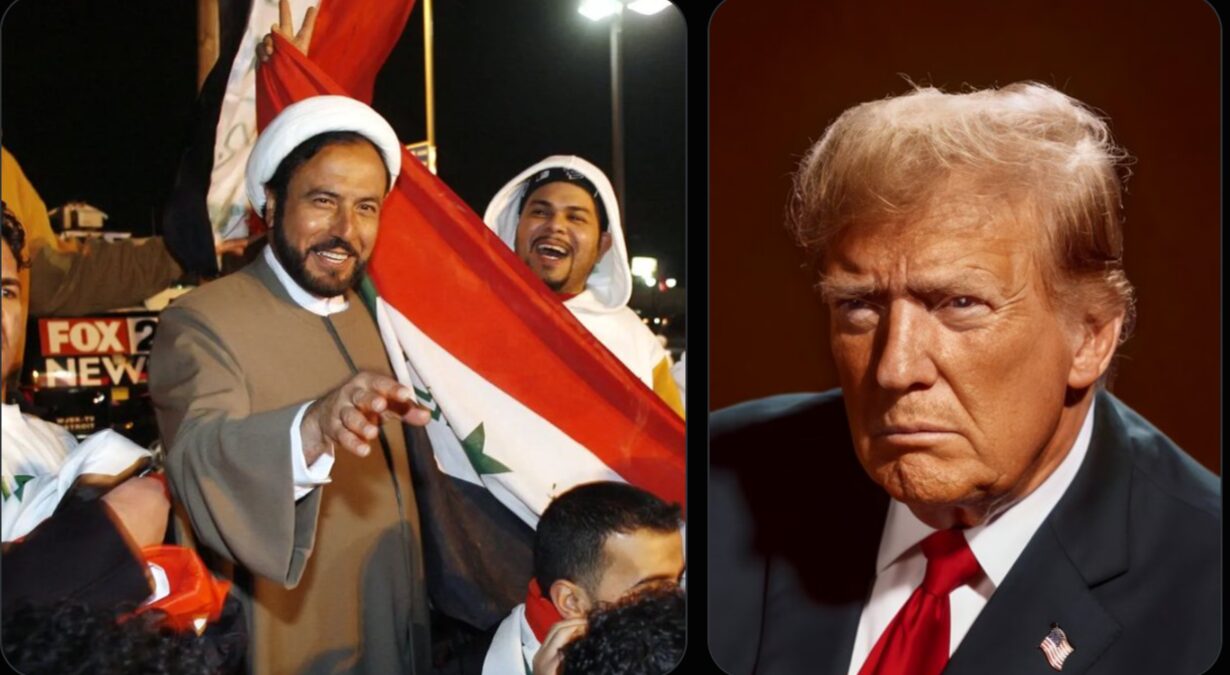

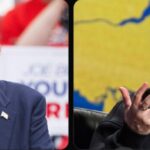

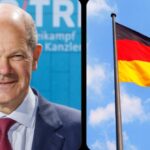
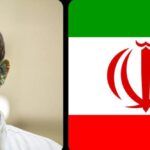
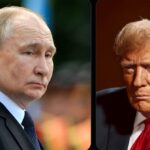
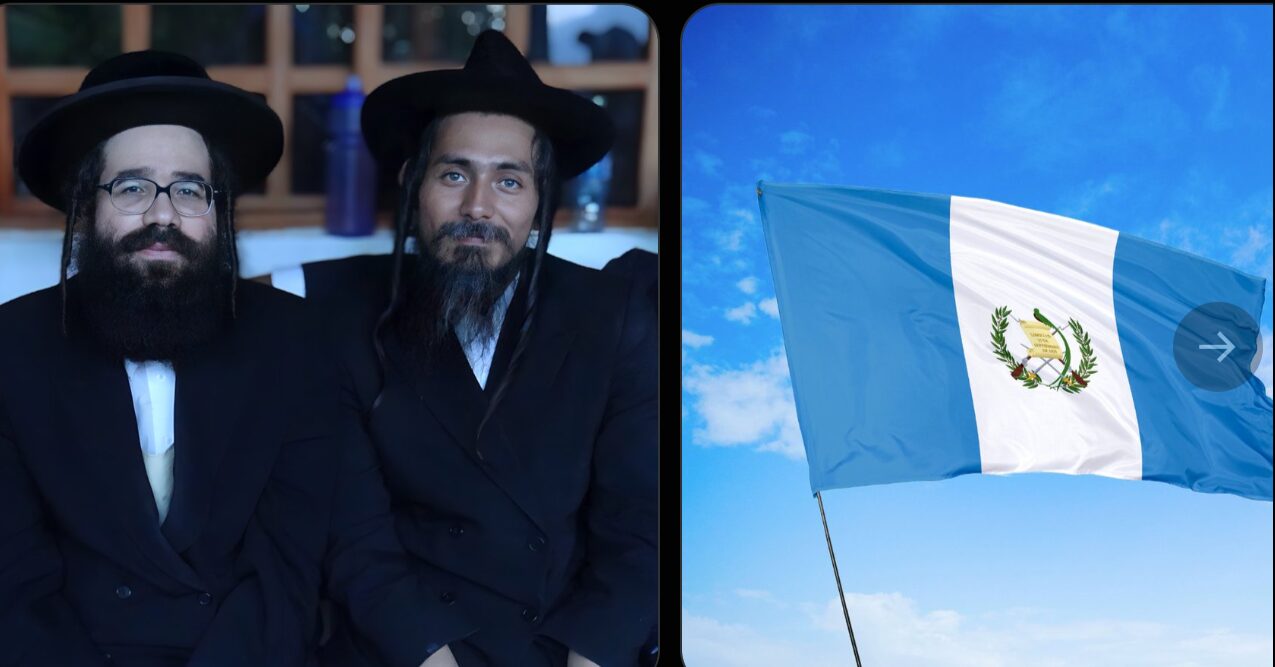
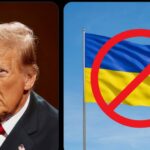








Post Comment